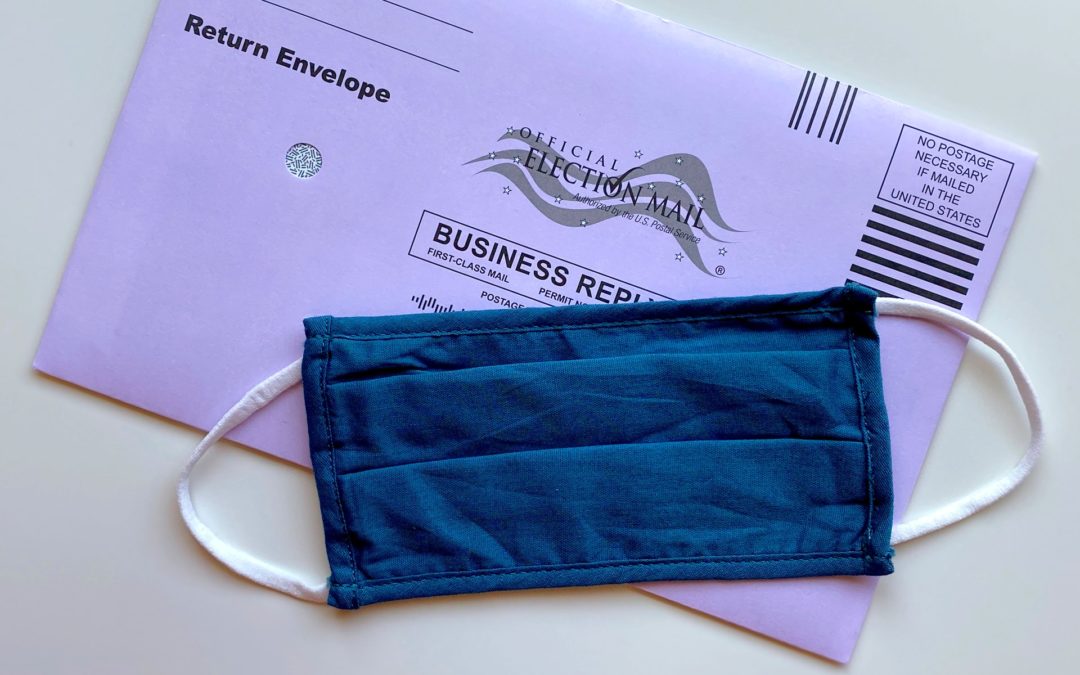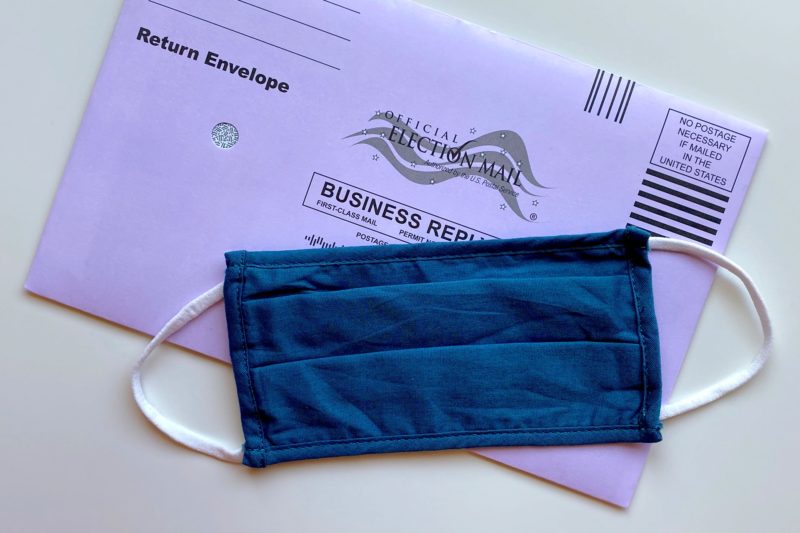
Centering Innovative Solutions for Tangible Change
Centering Innovative Solutions for Tangible Change
Saturday, December 26, 2020, by Ayman El Tarabishy, President and CEO of ICSB

In conjunction with last Saturday’s Reflection on the importance of Research with Impact, this week’s Reflection challenges us to think about ways to implement innovative solutions that focus on providing explicit, material benefits and resources to those who need them most.
Here at ICSB, we strive to be a useful and impactful resource for MSMEs and other individuals looking for an informed, educational, and empathetic analysis of the current business ecosystem. We believe that our focus on Humane Entrepreneurship and our emphasis on empowering atypical actors in the current business environment provides a blueprint for the future while maximizing potential and sustainability in the present.
However, in general, educational resources and knowledge can only be valuable if they result in real, tangible changes to our day-to-day realities. The rapid advancement of technology and the explosion of the digital economy have multiplied how businesses and entrepreneurs can make an impact and translate their knowledge and lived experience into positive social improvement.
This advancement of technology and the opening of new economic frontiers is an encouraging sign for us to believe positive change is necessary and inevitable. Our increased data capacity has led to an explosion of innovative ideas and solutions to problems that have plagued businesses and investors for decades while empowering those atypical actors that have been overlooked for far too long.
We must make sure data do not freeze us. Too often, businesses and entrepreneurs become consumed with collecting and analyzing data in the hopes of crafting a “perfect” solution to the diverse set of challenges we face. The sheer size of the digital sphere has overwhelmed those in power with information.
Is this cautious approach not in direct conflict with the very spirit of entrepreneurship?
The people who take the risk to pursue their passions and interests in the hopes of improving their communities and lives cannot afford to wait for the perfect situation or the right numbers to illuminate the way. Conditions are not always ideal, and the enormous benefit of MSMEs is often felt by those caught up in challenging circumstances. Life is about being bold, trying new things, and pushing forward despite the protests of those around you. Progress is impossible otherwise.
At ICSB, we believe that tying ‘Research with Impact’ to the practice of sustainable and bold innovation is the only way to move toward progress consistently. Just as our research means little without action, we must be sure that our efforts are backed up by proper, people-centered research that emphasizes transparency, accountability, and communal involvement. The relationship between studying the problems and working on solutions must be firm and flexible.
The COVID-19 pandemic has shown us the benefits of acting quickly and confidently in the face of an overwhelming obstacle and the consequences of pretending that the obstruction does not exist. Putting ideas into practice and providing marginalized, atypical actors with actual institutional power is the only way to ensure the long-lasting impact we make. For too long, those in power have tried to pay lip service to equity and diversity. In the face of our modern-day challenges, talking the talk is no longer good enough from the pandemic to climate change. Together, we must face the challenges of the future head-on and walk towards a better world.
This is why I write to you about the business’s practical side for our last Saturday Reflection of 2020. As we are propelled forward into a new world and a new year, let’s be sure to center the real and actual work of entrepreneurs and small business owners. Through the ICSB Marketplace, a featured program at the 2021 World Congress, we hope to empower this tangible action towards supporting the needs and desires of entrepreneurs because it is here where real entrepreneurship flourishes.
Article by:
Ayman El Tarabishy,
President and CEO, ICSB
Deputy Chair, Department of Management





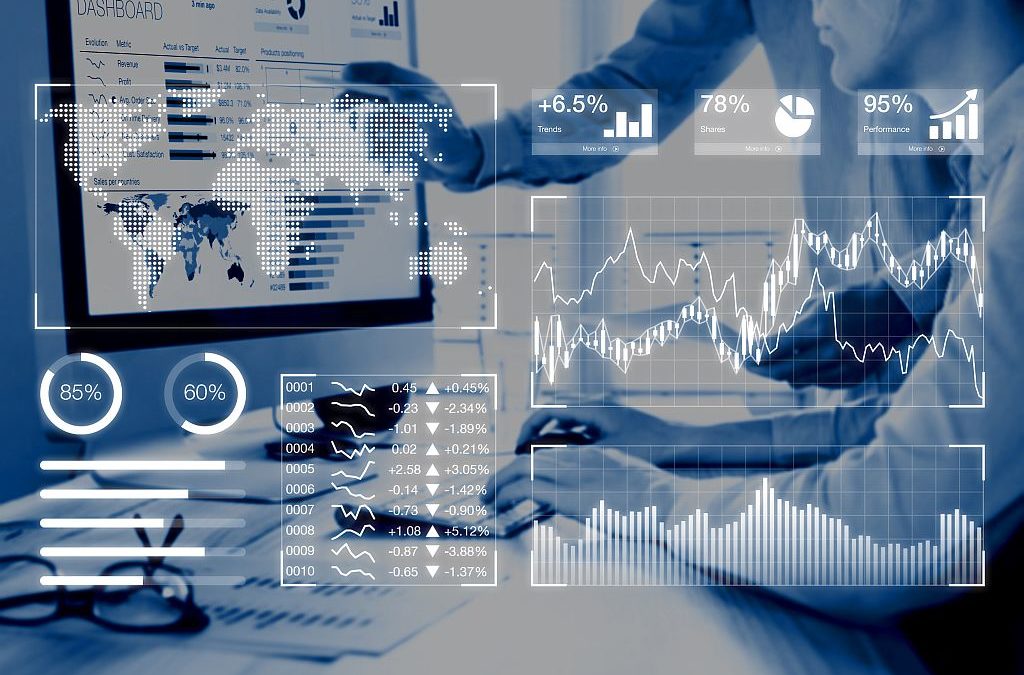
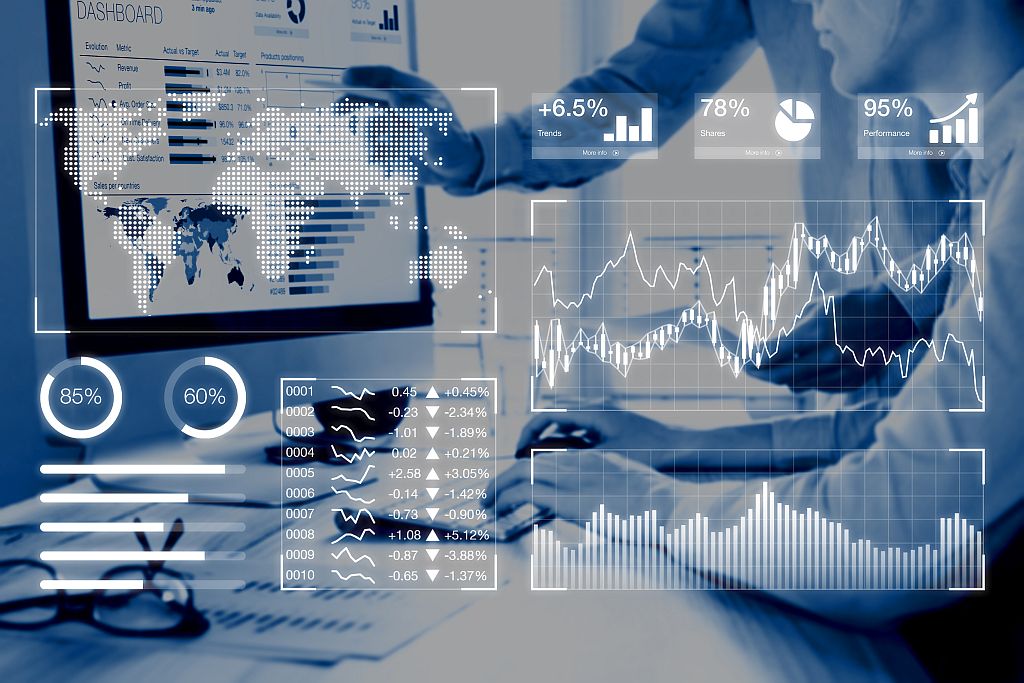




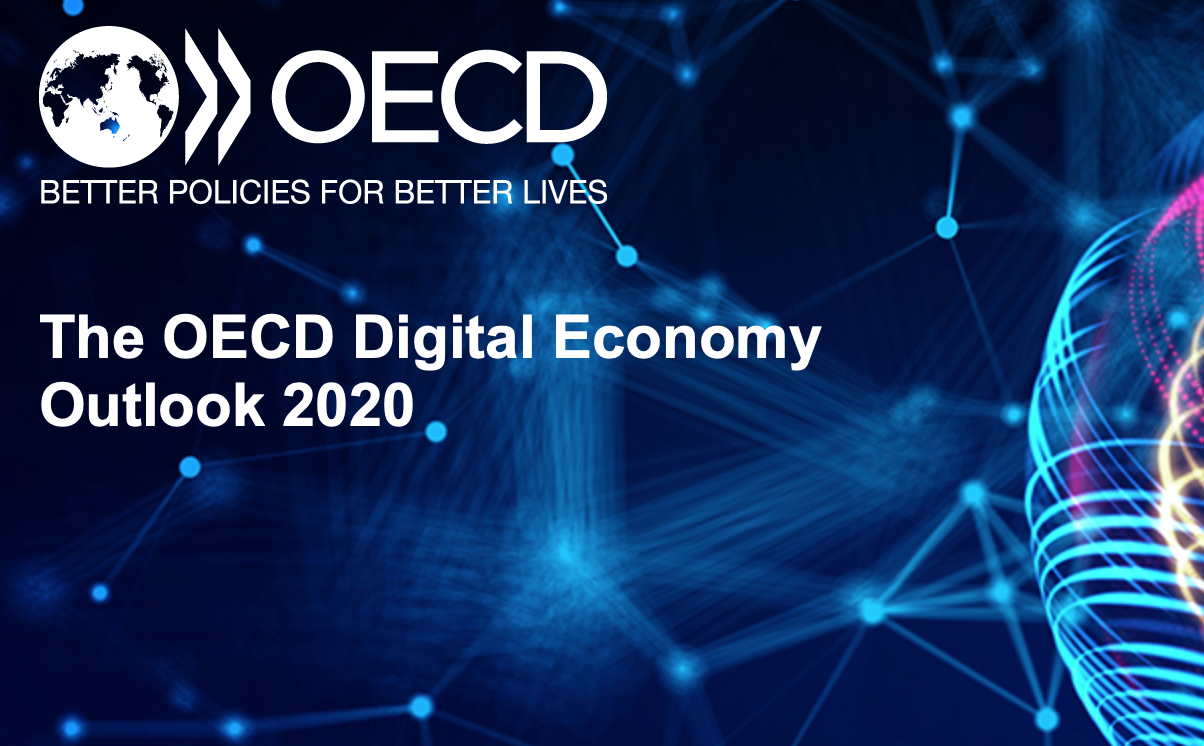
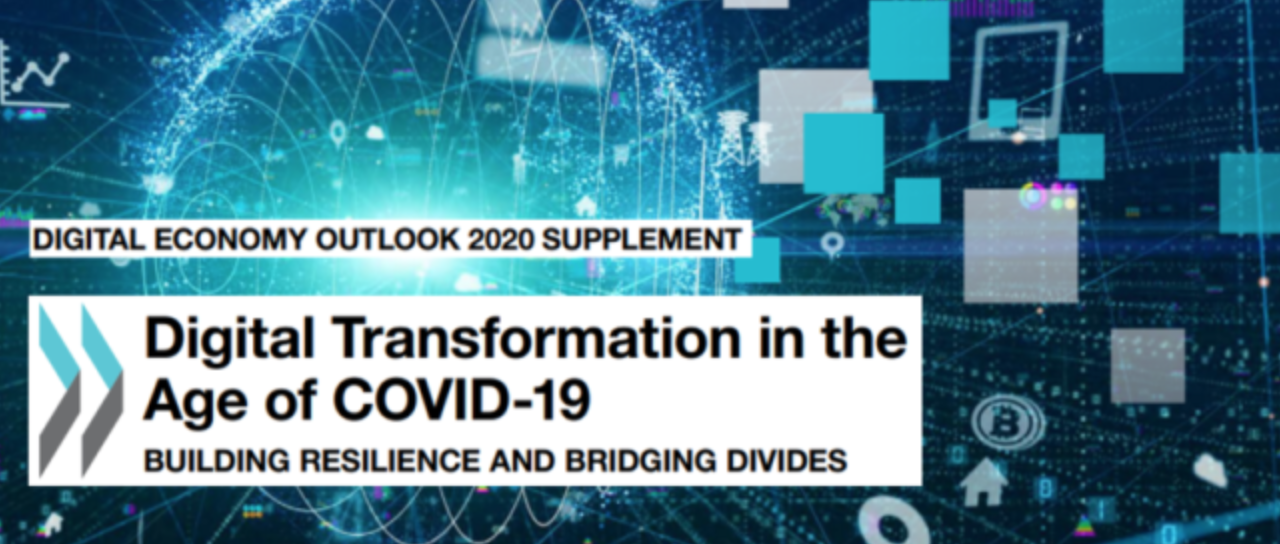
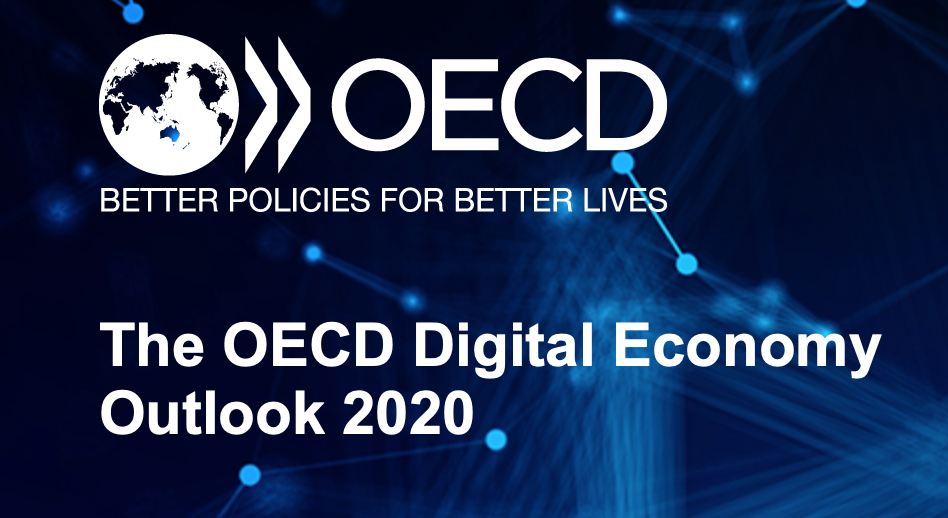

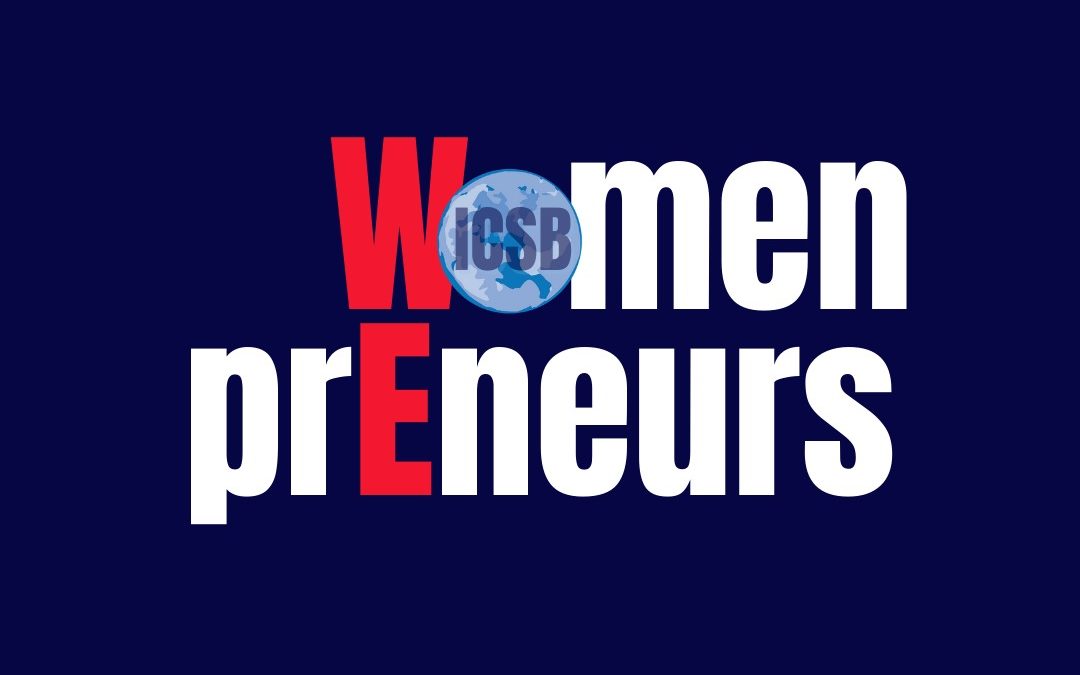
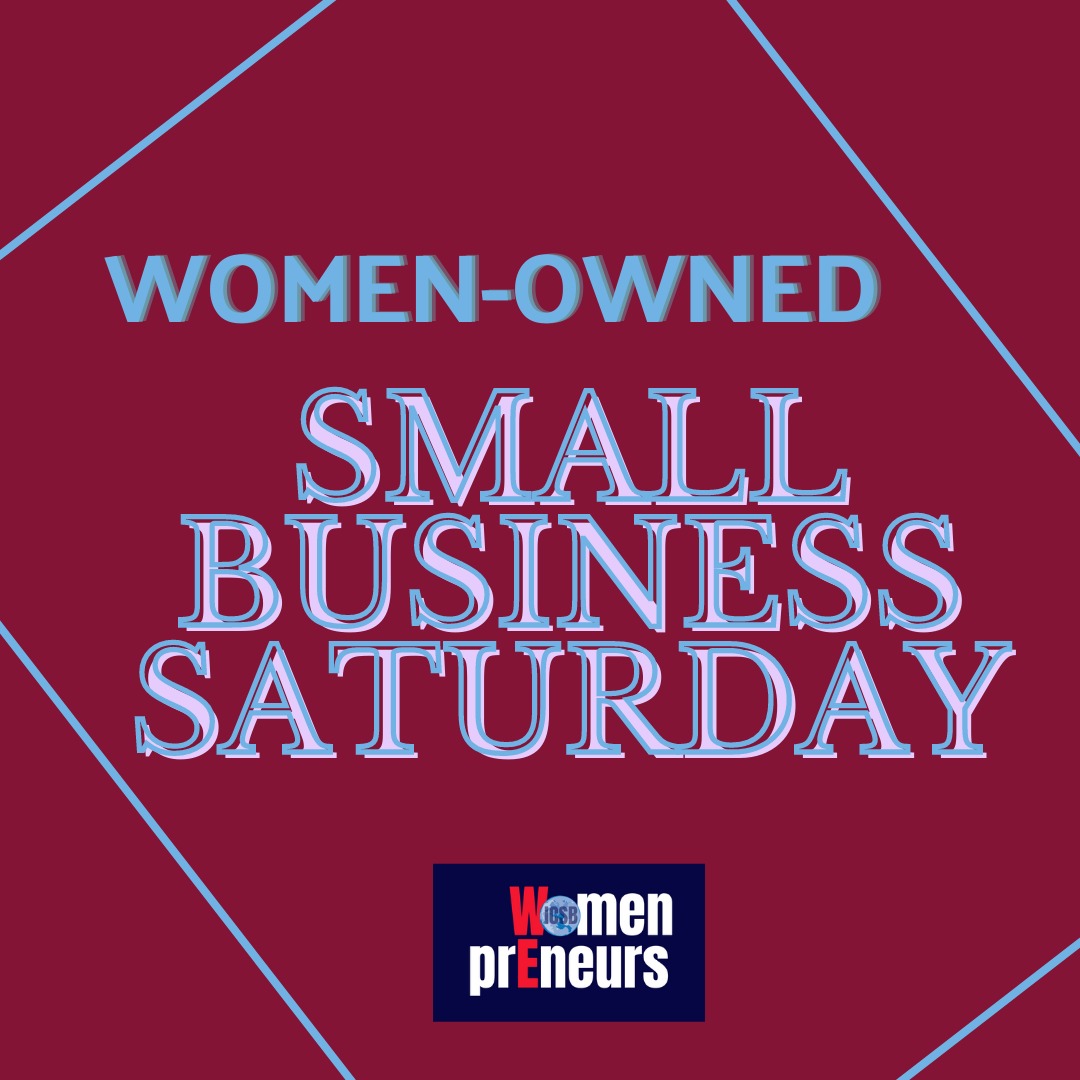

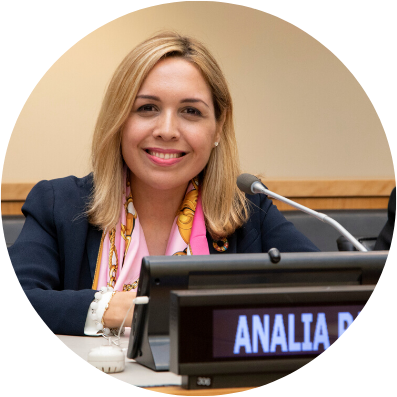


 entrepreneurship and investment, flexibility, and resilience. Women have consistently been at the forefront of progress in all of these fields, and they have largely done so without significant investment from traditional business actors. We believe that resources like the WE Conference will help us all take advantage of the unique situation we find ourselves in by prioritizing and centering women’s experiences in the business ecosystem. Women have been working and innovating throughout history, even as the market has traditionally under-valued their labor. They have been forced to adapt creative and sustainable solutions with limited access to capital and no formal recognition within the system. Women overwhelmingly are the managers of their household, a chore far more cumbersome than most business management positions. They have experience in investing frugally to maximize services in the face of economic pressures.
entrepreneurship and investment, flexibility, and resilience. Women have consistently been at the forefront of progress in all of these fields, and they have largely done so without significant investment from traditional business actors. We believe that resources like the WE Conference will help us all take advantage of the unique situation we find ourselves in by prioritizing and centering women’s experiences in the business ecosystem. Women have been working and innovating throughout history, even as the market has traditionally under-valued their labor. They have been forced to adapt creative and sustainable solutions with limited access to capital and no formal recognition within the system. Women overwhelmingly are the managers of their household, a chore far more cumbersome than most business management positions. They have experience in investing frugally to maximize services in the face of economic pressures.

